NetSuite and BigCommerce Integration: Choosing the Right Integration Path
Last Updated on February 6, 2024 by Tatyana Vandich
Integrating NetSuite, a cloud-based ERP system from Oracle, with BigCommerce, a leading e-commerce platform, is a strategic move to streamline operations and enhance customer experiences. This integration brings together financial management, inventory control, order fulfillment, and customer relationship management under one cohesive system.
In this article, we’ll take a look at the challenges and benefits of integrating two powerful systems: NetSuite and the e-commerce platform BigCommerce. From challenges to benefits, we delve into the topic of integration to help you make informed integration decisions.
What is NetSuite?
NetSuite is a cloud-based enterprise resource planning (ERP) and customer relationship management (CRM) software suite owned by Oracle. It offers a wide range of functionalities for managing various aspects of a business, including financial management, customer relationship management, e-commerce, inventory management, and more.
NetSuite in Brief
- Cloud Convenience: Web-based access from anywhere.
- Integrated Functions: Modules for finances, CRM, HR, etc.
- Tailored Flexibility: Customizable workflows, forms, apps.
- Real-Time Insights: Up-to-the-minute data for decisions.
- Global Ready: Multi-language, currency, subsidiaries.
- Robust Analytics: Custom reports, dynamic dashboards.
- Growth-Friendly: Scales for small to large businesses.
- Strong Security: Advanced protection measures.
- Continuous Enhancement: Regular auto-updates.
USEFUL: Take a look at the following video to learn more about NetSuite’s user interface (UI).
What Is BigCommerce?
BigCommerce is a leading e-commerce platform that empowers businesses to create, manage, and optimize online stores. It offers a range of tools and features for selling products and services on the internet.
With customizable templates, secure payment options, and multi-channel selling capabilities, BigCommerce enables businesses of all sizes to establish and grow their online presence effectively.
BigCommerce Key Features and Capabilities
- Store Design: Customize store appearance without coding.
- Product Management: Easy addition and handling of products.
- Payment Options: Secure payment gateways, various methods.
- Mobile-Friendly: Smooth mobile and tablet shopping.
- SEO Tools: Built-in features to boost search visibility.
- Multi-Channel Sales: Sell on social, marketplaces, in-person.
- Marketing: Create promotions, discounts, gift cards.
- Analytics: Gain insights for informed decisions.
- Security: SSL, PCI compliance, secure checkout.
- App Marketplace: Add-ons for enhanced functionality.
- Scalability: Suited for various business sizes.
- Pricing: Plans for startups to enterprises, tailored features.
NetSuite-BigCommerce Integration Features
Product Management: Product information such as titles, descriptions, and prices can be synchronized between NetSuite and BigCommerce. Any updates made in NetSuite are reflected in BigCommerce and vice versa.
Inventory Sync: Real-time inventory levels are shared between the platforms, helping to prevent overselling and maintaining accurate stock information.
Order Sync: When an order is placed on BigCommerce, it can be automatically transferred to NetSuite. Order details, customer information, and payment details are synced.
Customer Data: Customer profiles, including contact information and order history, can be shared between the systems, ensuring a consistent customer experience.
Payment Processing: Payment information from BigCommerce orders can be integrated with NetSuite’s financial management features.
Key Benefits of NetSuite-BigCommerce Integration
Integrating NetSuite with BigCommerce can offer significant benefits for businesses by streamlining operations and providing a seamless experience for both customers and administrators.
- Unified Data: Integration allows for synchronization of data between NetSuite and BigCommerce, ensuring that product information, inventory levels, customer details, orders, and other relevant data are consistent across both platforms.
- Efficient Operations: Automated processes reduce manual data entry, minimizing errors and saving time. This is particularly important for order fulfillment and inventory management.
- Real-time Inventory Management: Inventory levels are updated in real-time across both systems, preventing overselling and out-of-stock situations. This helps in providing accurate product availability information to customers.
- Customer Data Sync: Customer information, including profiles, preferences, and order history, can be shared between NetSuite and BigCommerce. This enables a personalized shopping experience and helps in customer relationship management.
- Order Fulfillment: When an order is placed on BigCommerce, it can be automatically transferred to NetSuite for processing. This streamlines order fulfillment and reduces the chances of errors.
- Multi-channel Selling: If you’re selling on other platforms in addition to BigCommerce, integrating with NetSuite ensures consistent data and processes across all sales channels.
Important Considerations for NetSuite Integration
- Customization: The integration may require some level of customization to fit the specific needs of your business.
- Third-Party integration provider: There are third-party Integration companies that specialize in connecting NetSuite with e-commerce platforms like BigCommerce. They can simplify the integration process.
- Support: Ensure you have access to support resources or consulting services to help with the integration setup and troubleshooting.
- Data Security: Since you’re dealing with sensitive business data, data security and privacy should be a priority. Make sure the integration process adheres to security best practices.
- Updates: Keep in mind that software and platforms can undergo updates and changes, so it’s important to stay informed about any new features or changes in the integration process.
Challenges Faced During Integration
Integrating BigCommerce with NetSuite can provide numerous advantages, but there can also be challenges and potential issues that you might encounter during the integration process. Here are some common problems that BigCommerce store owners might face when integrating with NetSuite.
Data Synchronization Issues: Ensuring that product information, inventory levels, customer details, and order data are consistently synchronized between BigCommerce and NetSuite can be complex. Inaccurate or delayed synchronization can lead to discrepancies and customer dissatisfaction.
Complex Mapping: Mapping data fields and structures between BigCommerce and NetSuite can be challenging, especially if the two platforms have different data models. Deciding how data translates from one system to another requires careful planning.
Custom Workflows: If your business has unique processes or workflows, the out-of-the-box integration might not cover all your needs.
Technical Expertise: Integrating two platforms often requires technical expertise, including understanding APIs, data formats, and integration tools. If you lack this expertise in-house, you might need external help of experts.
Data Quality: Ensuring data accuracy is crucial. If your data is inconsistent, outdated, or contains errors before integration, these issues might propagate to both systems.
Performance Impact: Depending on how the integration is implemented, it could potentially affect the performance of either or both platforms, especially if data synchronization is frequent and involves large amounts of data.
Security Concerns: Integrating systems involves data sharing, which raises security concerns. Ensuring that sensitive customer information and business data are protected during the integration process is vital.
Maintenance and Upgrades: Both BigCommerce and NetSuite may release updates, and your integration should remain compatible. This might require ongoing maintenance and updates to your integration solution.
Cost: Integration projects can incur not just the financial investment in integration tools or services. These costs can include development, testing, training, and ongoing support.
Scope Creep: Integrations might start simple but expand in scope as you identify more opportunities to optimize processes. Managing scope management plan is important to avoid overcomplicating the integration.
User Training: Your team might need training to effectively use the integrated systems. Training becomes especially important if there are changes to existing workflows.
To mitigate these potential challenges, it’s recommended to:
- Plan thoroughly: Define your integration objectives, understand your business needs, and create a clear roadmap.
- Research: Understand the capabilities and limitations of both NetSuite and BigCommerce and any existing integration tools or connectors.
- Involve Experts: If you lack the necessary technical skills, consider hiring experts who specialize in ERP/CRM with e-Commerce integration.
Every integration is unique, so the challenges you face will depend on your specific business requirements, the complexity of your processes, and the chosen integration approach.
Navigating the Complexity of Data Mapping in BigCommerce to NetSuite Integration
Complex mapping refers to the process of defining how data fields and structures from one system (in this case, BigCommerce) correspond to and interact with data fields and structures in another system (NetSuite).
When integrating two platforms, you need to determine how information from one system translates into the format and context of the other system.
Here’s a more detailed look at complex mapping when integrating BigCommerce with NetSuite:
1. Field Mapping
Each data field in BigCommerce needs to be mapped to its equivalent or related field in NetSuite. For example:
- Product Name in BigCommerce maps to Item Name in NetSuite.
- Product Description in BigCommerce maps to Item Description in NetSuite.
- Price in BigCommerce maps to Item Price in NetSuite.
However, the complexity arises when:
- Data formats differ (text, numbers, dates).
- Fields have different names or structures.
- NetSuite might require additional information not present in BigCommerce.
2. Data Transformation
In many cases, data needs to be transformed from one format to another during integration. For instance:
- Converting currency values to match NetSuite’s currency format.
- Formatting dates to fit NetSuite’s date format.
- Normalizing product variations (e.g., sizes, colors) to a consistent format in both systems.
3. Tax and Shipping Logic
Tax and shipping rules might differ between BigCommerce and NetSuite. Mapping tax codes, rates, and shipping methods accurately is crucial for accurate order processing.
4. Hierarchical Data
If your products are organized into categories or hierarchies, you need to map how these categories relate between BigCommerce and NetSuite.
5. Order and Customer Data
When integrating orders and customer information, consider how the data flows from the point of sale to NetSuite. This includes handling customer profiles, order history, payment information, and shipping details.
6. Custom Fields and Extensions
Both BigCommerce and NetSuite allow for custom fields and extensions. Mapping these custom fields correctly is important to capture all relevant data.
7. Inventory and Stock Levels
Mapping inventory levels, including real-time updates, backorders, and product availability, is essential for preventing overselling or stockouts.
8. Multi-Channel Integration
If you’re selling on multiple platforms besides BigCommerce, such as marketplaces or brick-and-mortar stores, mapping and synchronizing data across all channels becomes even more complex.
Thus, complex mapping can be challenging due to the differences in data models and requirements between platforms. However, working with integration experts can simplify this process and ensure accurate data transfer between BigCommerce and NetSuite.
Choosing the Right Integration Path: Ready-Made Connectors vs. Custom Integration
The decision between using ready-made connectors or hiring an integrator company for custom integration depends on various factors, including your business needs, budget, timeline, and the complexity of the integration. Here’s a breakdown of the advantages and considerations for both approaches:
Ready-Made Connectors: Advantages
Speed: Ready-made connectors are pre-built solutions that are designed to quickly connect specific platforms like NetSuite and BigCommerce. They often have plug-and-play functionality, reducing implementation time.
Cost-Effective: Ready-made connectors can be more cost-effective compared to custom integrations since the development work has already been done. They generally involve lower upfront costs.
Less Technical Expertise Required: These connectors are often designed to be user-friendly, requiring less technical expertise to set up and maintain.
Ready-Made Connectors: Considerations
Flexibility: Ready-made connectors might not cover all your unique business requirements. They are designed to work for a wide range of businesses, so customization options could be limited.
Scalability: As your business grows and your needs become more complex, a ready-made connector might start to show limitations.
Specific Requirements: If your integration requires specific workflows, data transformations, or processes that aren’t covered by the connector, you might need to compromise or consider a custom solution.
Custom Integration by an Integrator Company: Advantages
Tailored to Your Needs: Custom integrations can be designed to fit your exact business processes, workflows, and requirements.
Scalability: A custom integration can grow with your business and adapt to changing needs over time.
Complex Workflows: If your integration involves intricate data transformations or involves multiple systems beyond just NetSuite and BigCommerce, a custom solution might be more suitable.
Enhanced Data Control: With a custom integration, you have more control over how your data flows between systems.
Advanced Automation: Custom integrations can incorporate advanced automation features tailored to your specific needs. This can reduce manual data entry, minimize errors, and streamline your business processes.
Optimized Performance: Integrator companies can fine-tune custom integrations for optimal performance. They can optimize data synchronization processes, reducing latency and ensuring real-time or near-real-time updates.
Long-Term Cost Efficiency: While custom integrations may have higher upfront development costs, they can result in long-term cost savings. You won’t be constrained by ongoing subscription fees associated with third-party connectors, and you can adapt the integration as your business evolves.
Comprehensive Support: Many integrator companies offer comprehensive support packages, including regular maintenance, updates, and troubleshooting. This can ensure the long-term stability and reliability of your custom integration.
Custom Integration by an Integrator Company: Considerations
Cost and Time: Custom integrations are generally more expensive and time-consuming to develop compared to ready-made connectors. Development, testing, and deployment can take longer.
Remember that the decision between ready-made connectors and custom integration should be based on a thorough assessment of your business’s unique needs, budget constraints, and long-term goals. Custom integration is a powerful option for businesses looking to optimize their operations and gain a competitive edge in the marketplace
Why Involve Experts for Integration
Involving experts from an integration company like EDI2XML can greatly benefit businesses when it comes to complex integrations like BigCommerce and NetSuite:
- Experience and Expertise: Integration experts have a deep understanding of both the systems being integrated (BigCommerce and NetSuite) and the intricacies of connecting them. They’ve likely encountered various challenges and scenarios, allowing them to offer effective solutions.
- Customization: Complex integrations often require custom workflows, data transformations, and specialized configurations. Integration experts can tailor the integration to your specific business processes, ensuring a seamless and efficient flow of data.
- Efficiency: Experts can expedite the integration process due to their familiarity with the platforms, APIs, connectors, and best practices. This can help businesses go live faster and start reaping the benefits of integration sooner.
- Problem-Solving: When unexpected issues arise during integration (as they often do), experts have the problem-solving skills to identify the root causes and implement solutions swiftly.
- Data Security: Integration companies like EDI2XML prioritize data security. They understand the importance of protecting sensitive customer information and business data during the integration process.
- Reduced Errors: Expert integrators ensure that field mappings, data transformations, and logic are set up accurately, minimizing the chances of data discrepancies, errors, and delays.
- Scalability: As your business grows, integration needs might become more complex. Experts can build integrations that are designed to scale and adapt to changing requirements.
- Ongoing Support: Integration is not a one-time event. Updates, maintenance, and occasional troubleshooting are necessary. Integration experts can provide ongoing support to ensure that your systems remain integrated and operational.
About EDI2XML
EDI2XML is an integration company with a proven track record of successfully executing various integrations, including complex ones like BigCommerce and NetSuite. With a team of experienced professionals, EDI2XML offers:
Expertise: We specialize in bridging the gap between different e-commerce platforms and business systems like ERP/CRM, ensuring smooth data flow and efficient processes.
Tailored Solutions: We understand that each business is unique. Our team can customize integrations to align with your specific workflows and requirements.
Security: Data security is a priority for us. We implement robust security measures to protect your sensitive data during integration.
Efficiency: Through our experience, we’ve developed efficient strategies to minimize implementation time while maximizing accuracy.
NetSuite and BigCommerce Integration: Conclusion
When it comes to complex integrations like BigCommerce and NetSuite, involving an integration expert like EDI2XML can save you time, mitigate risks, and ensure that your systems work harmoniously. Our experience, knowledge, and dedication to providing tailored solutions can make the integration process a smoother and more successful endeavor.
Feel free to contact us for expert integration services tailored to your business needs. Our team of specialists is committed to delivering seamless and efficient solutions that drive your e-commerce success.

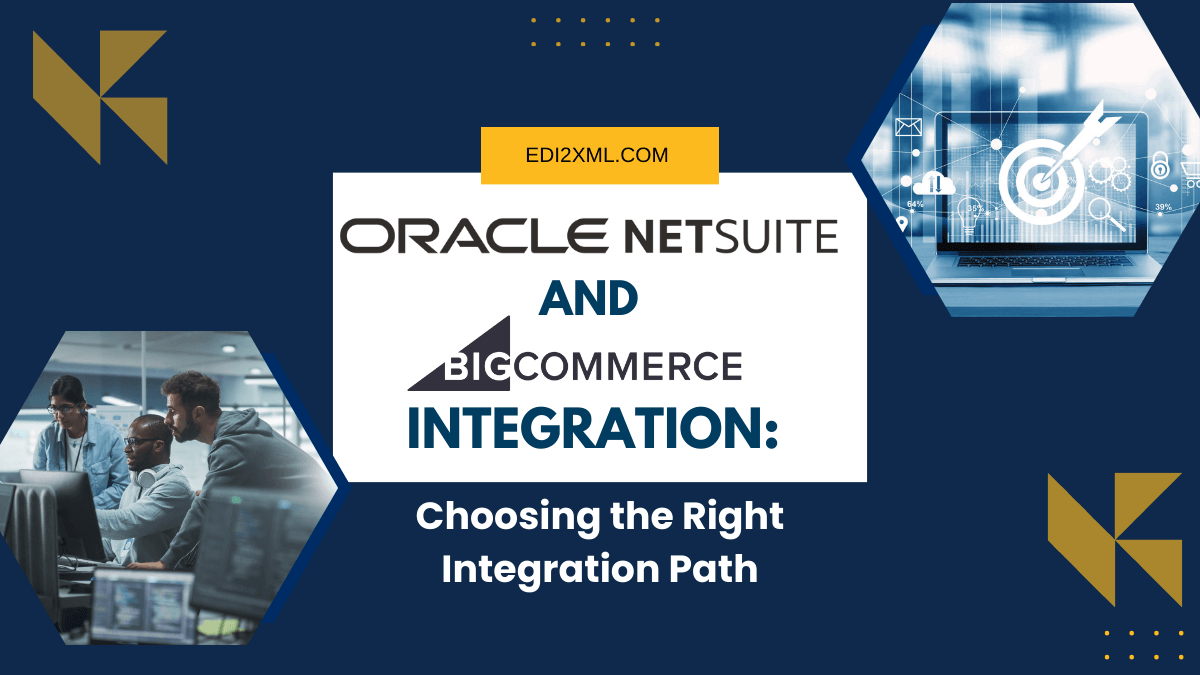






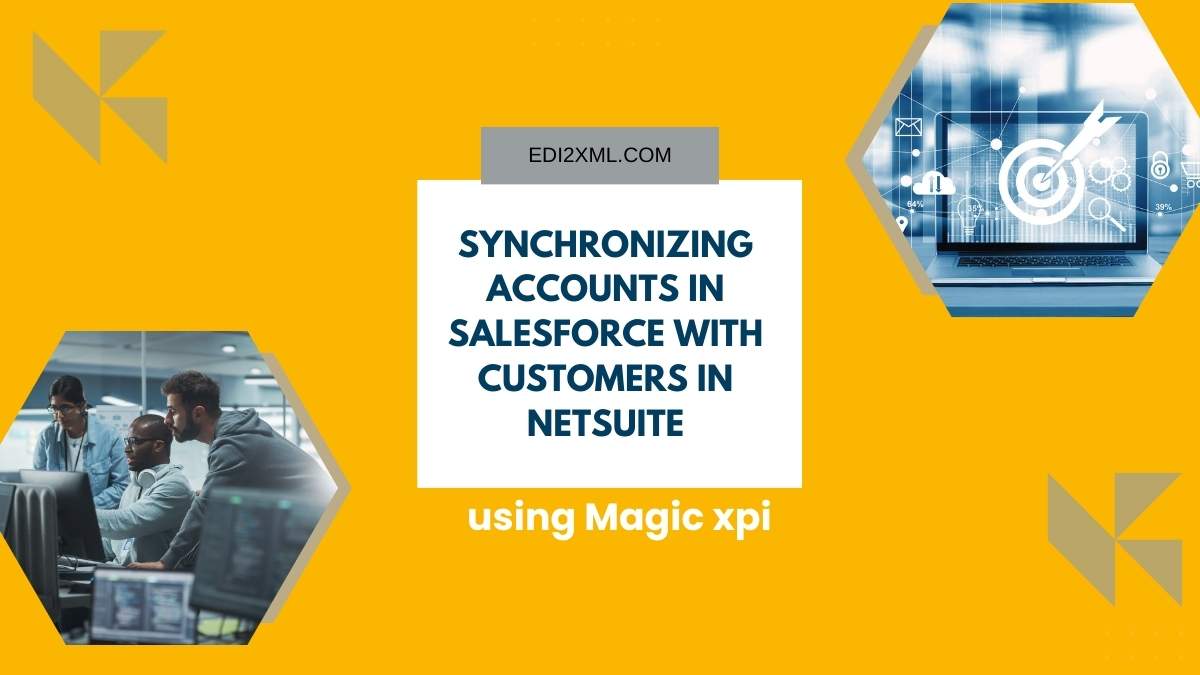
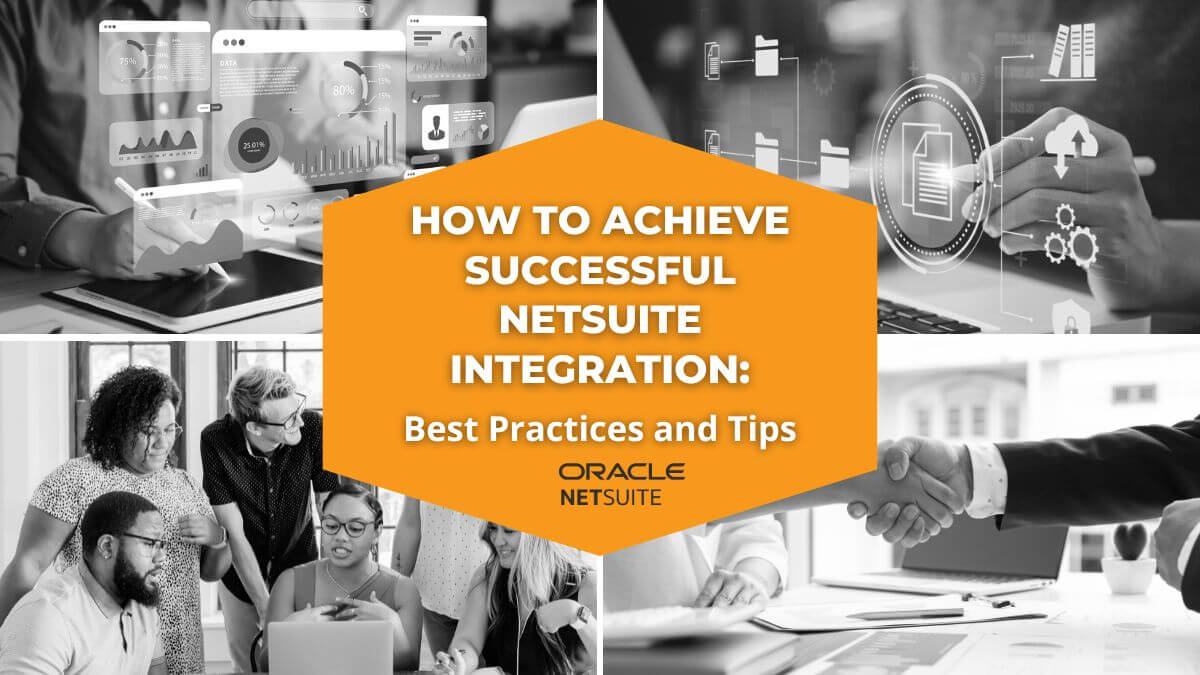
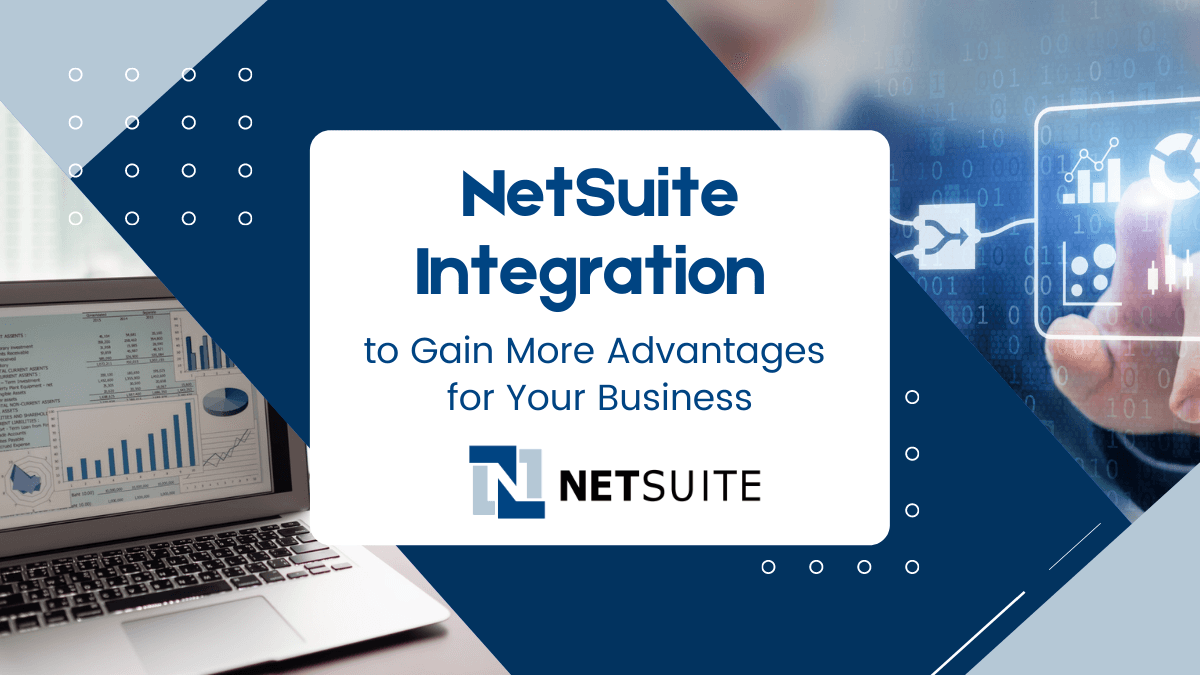
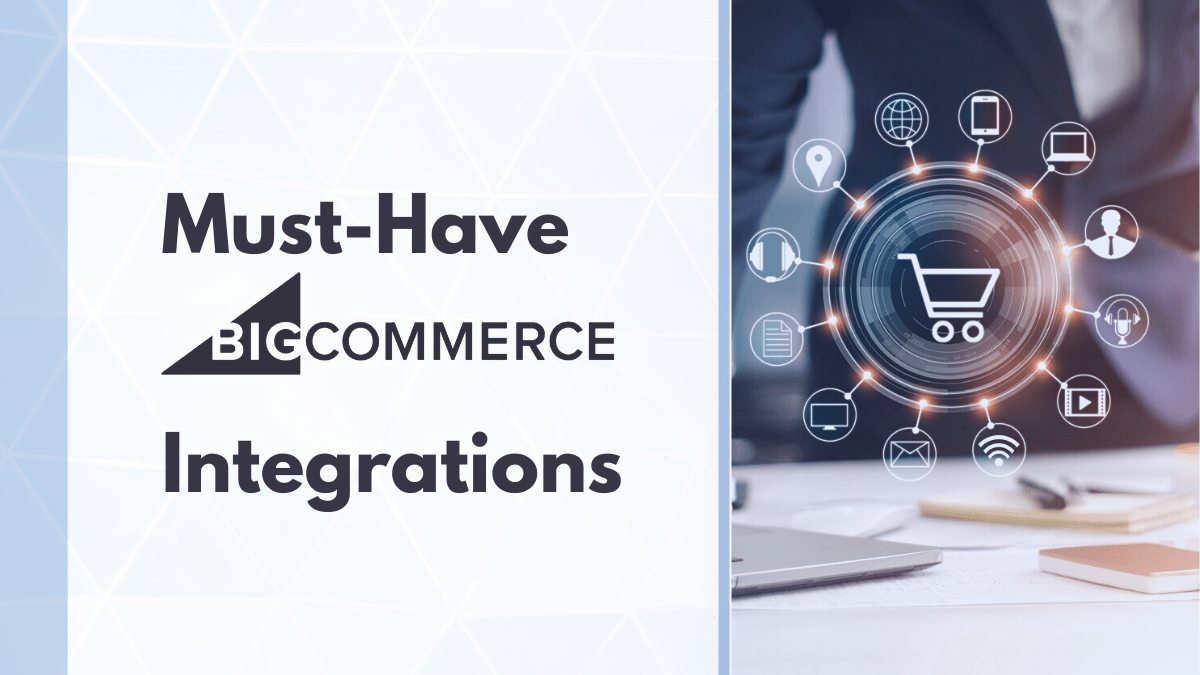
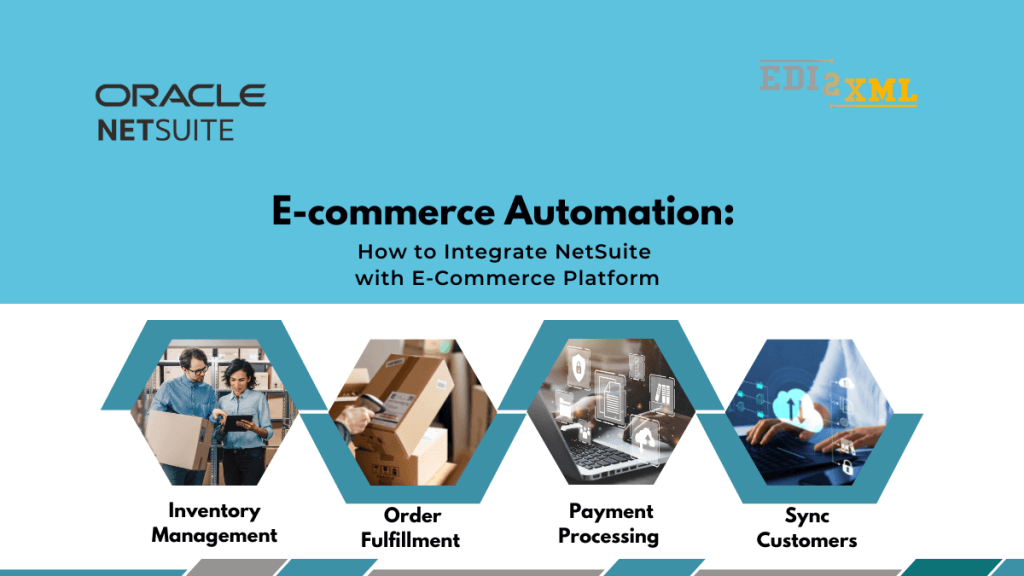
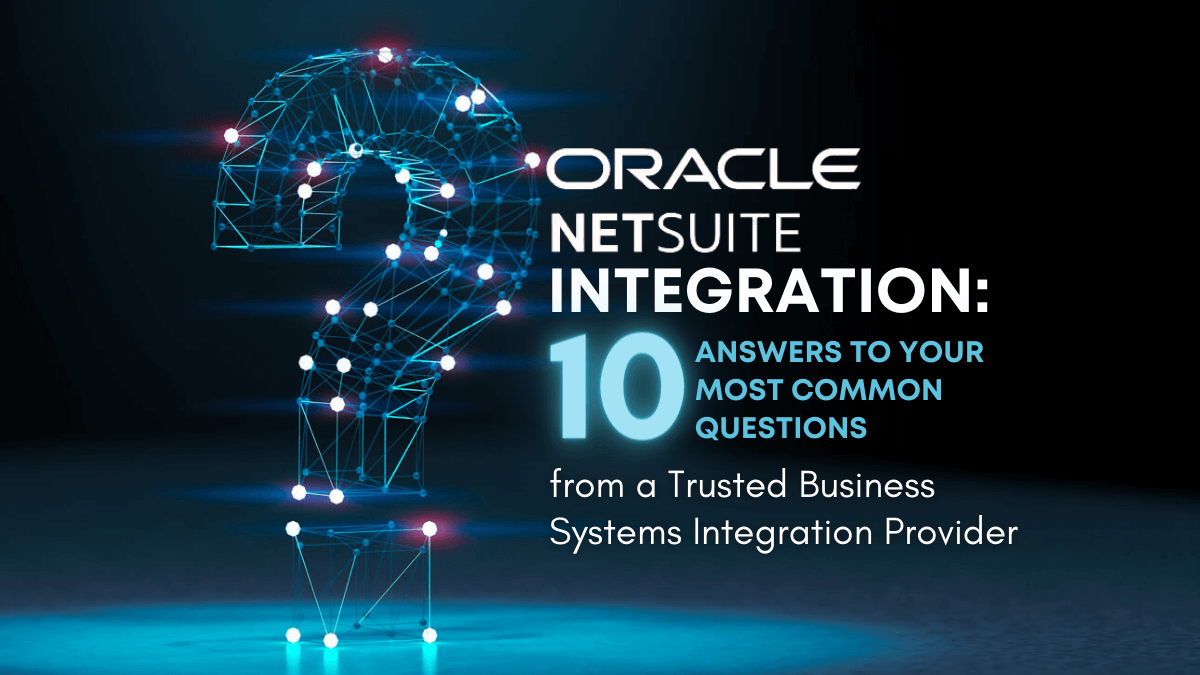

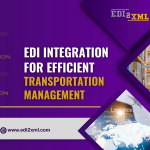
Leave a Reply
Want to join the discussion?Feel free to contribute!